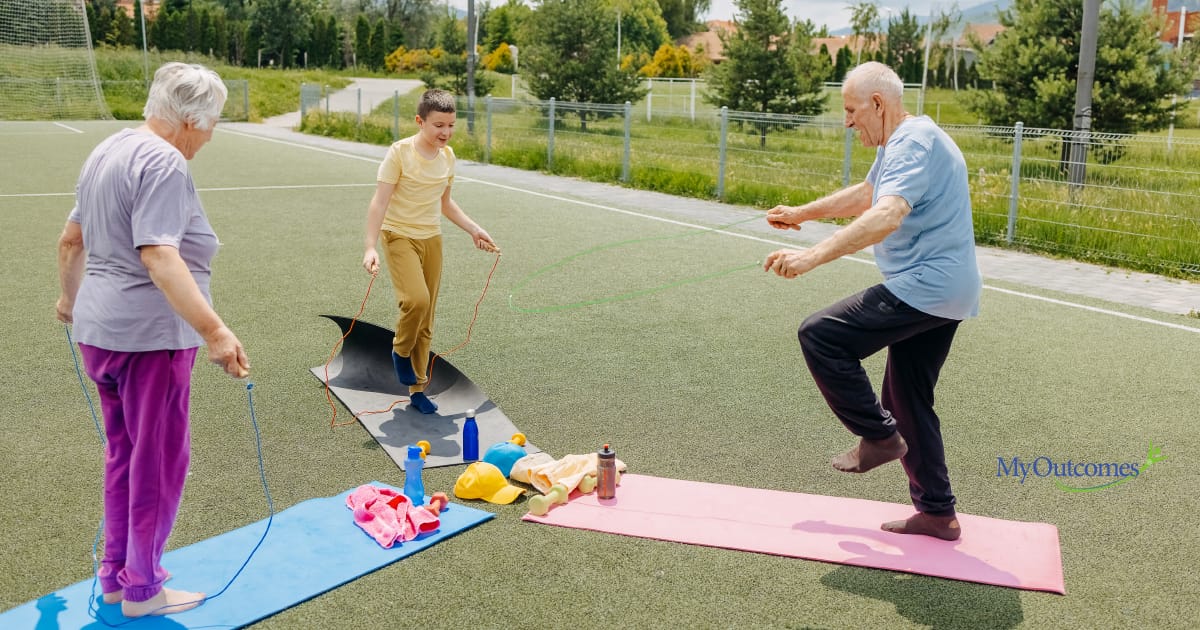In the hustle and bustle of modern life, maintaining good mental health can sometimes feel like a daunting task. However, just as we care for our physical health through diet and exercise, taking proactive steps to look after our mental well-being is equally crucial. This blog provides practical tips and strategies to help you cultivate and maintain a healthy mental state, empowering you to lead a more balanced and fulfilling life.
Mental health encompasses our emotional, psychological, and social well-being. It affects how we think, feel, and act as we cope with life’s challenges. Good mental health isn’t just the absence of mental health problems but a state of overall wellbeing.
One of the cornerstones of good mental health is structure. A consistent daily routine can provide a sense of stability and predictability, which is reassuring in a world that often feels chaotic.
- Morning Rituals: Start your day with activities that set a positive tone, such as meditation, a healthy breakfast, or a short walk.
- Night Routines: Create a calming nighttime routine to help signal to your brain that it’s time to wind down. This might include reading, light stretching, or journaling.
Physical activity is a powerful mood booster. Regular exercise releases endorphins, natural brain chemicals that can enhance your sense of well-being.
- Exercise Options: Find activities you enjoy, whether it’s yoga, cycling, swimming, or even dancing. Aim for at least 30 minutes of moderate exercise most days of the week.
- Incorporate Movement: If a structured workout isn’t possible, look for ways to incorporate more movement into your day, such as taking the stairs instead of the elevator.
We are inherently social beings, and isolation can negatively impact our mental health. Maintaining strong connections with family and friends can provide emotional support and alleviate feelings of loneliness.
- Regular Check-ins: Make it a point to regularly check in with loved ones, even if it’s just a quick call or text message.
- Community Engagement: Consider joining clubs, groups, or online communities that share your interests. This can be a great way to make new connections and find support.
Sleep and mental health are closely linked. Lack of sleep can aggravate stress, anxiety, and depression.
- Create a Sleep-Inducing Environment: Ensure your bedroom is conducive to sleep—quiet, dark, and cool. Invest in a good quality mattress and pillows.
- Stick to a Schedule: Try to go to bed and wake up at the same time every day, even on weekends, to regulate your body’s clock.
Effective stress management is vital for maintaining good mental health.
- Mindfulness and Relaxation Techniques: Practices like mindfulness, deep breathing, and progressive muscle relaxation can reduce stress levels and promote relaxation.
- Time Management: Avoid overcommitting yourself and learn to say no. Prioritize tasks and break down large projects into manageable steps.
Just as you would see a doctor for a physical ailment, it’s important to seek professional help if you’re experiencing mental health issues.
- Therapy/counselling: A mental health professional can provide the tools and strategies to manage mental health effectively.
- Support Systems: Don’t hesitate to reach out for help. Sometimes, talking to someone can provide relief and a new perspective.
Maintaining good mental health requires conscious effort and regular care. By integrating these strategies into your daily life, you can improve your emotional well-being and enhance your overall quality of life. Remember, taking care of your mental health is not a luxury-it’s a necessity.
Start incorporating these tips into your daily routine today! Remember, small changes can make a big difference. Share your journey and strategies with friends and family to encourage a community of well-being.




